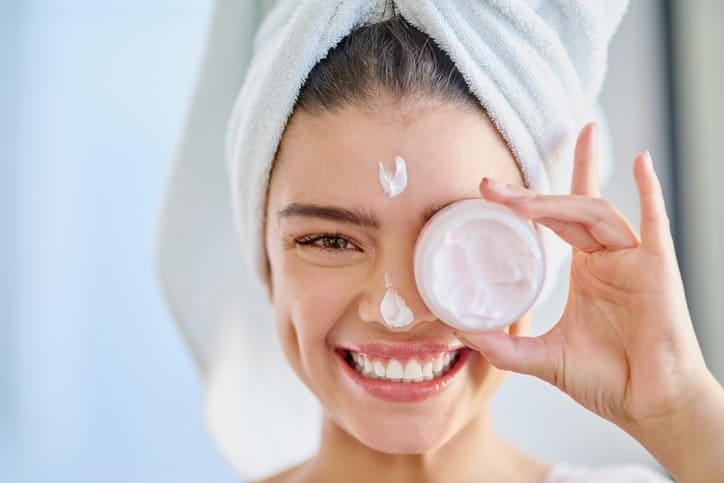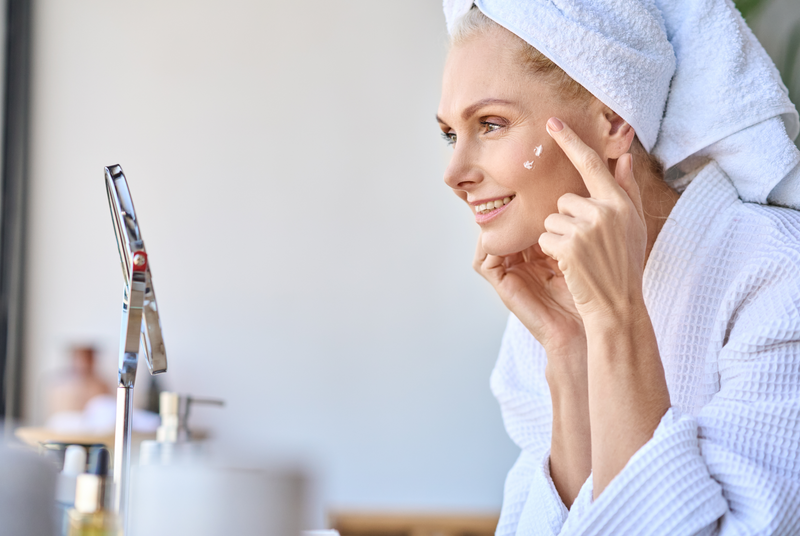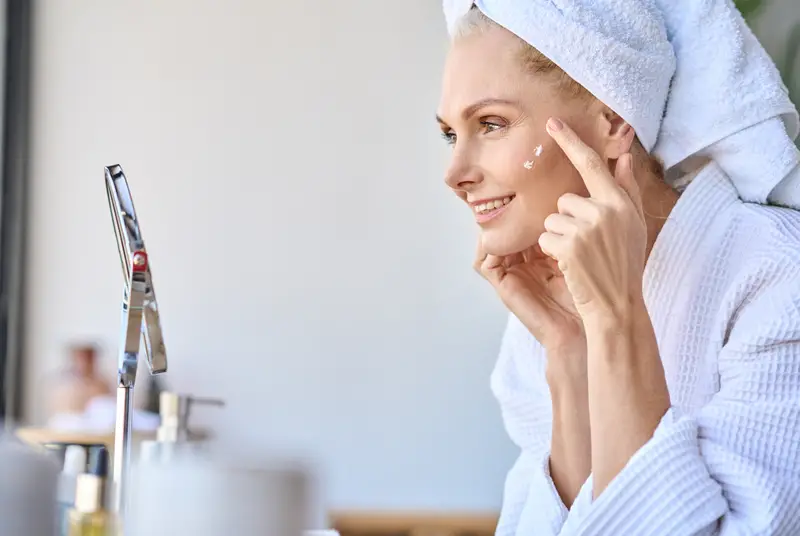Is Alcohol Detrimental to Skincare? Grasping Its Effects
As a skincare expert, its vital to comprehend the complexities of various ingredients. One of the most frequently asked questions is: Is alcohol detrimental in skincare? This question has ignited extensive discussions within the beauty industry, making it essential to investigate its effects on skin health.
The topic of alcohol in skincare is divisive, with some skincare professionals advising against its inclusion, while others highlight its advantages. To bring clarity, we need to explore the different types of alcohol present in skincare products and how they impact the skin. This knowledge enables beauticians to give well-informed recommendations to clients seeking healthier, more radiant skin.

Exploring the Various Alcohol Types in Skincare
Alcohols are generally classified into two key categories: simple alcohols and fatty alcohols. Simple alcohols, such as ethanol, denatured alcohol, and isopropyl alcohol, often face criticism for potentially drying out the skin. They are frequently included in products for their rapid evaporation and ability to enhance absorption. Yet, they can also deplete the skin of its natural oils, resulting in dryness and irritation.
Conversely, fatty alcohols like cetyl alcohol and stearyl alcohol are derived from natural fats and boast excellent moisturizing properties. These alcohols are beneficial for hydration and are commonly found in creams and lotions. Recognizing the difference between these types allows beauticians to suggest products that meet the unique needs of their clients.
The Function of Alcohol in Skincare Formulations
Alcohols serve a crucial role in skincare formulations. They act as solvents, aiding in the dissolution of active ingredients, improving texture, and ensuring an even spread of products. In toners and serums, for instance, alcohol can enhance the infusion of active ingredients, resulting in more effective outcomes.
However, a drawback to including alcohol in skincare is its potential to disturb the skin's natural barrier. When this barrier is compromised, it can lead to heightened sensitivity, redness, and increased vulnerability to environmental stressors. Beauticians need to carefully evaluate the advantages and disadvantages of alcohol-containing products when advising their clients on skincare routines.
Alcohol-Free Options and Suggestions
For clients with sensitive skin or those who prefer to steer clear of alcohol, there are many alcohol-free options to consider. Products enriched with ingredients like aloe vera, hyaluronic acid, or glycerin provide hydration without the adverse effects associated with alcohol. Beauticians can guide clients toward these ingredients to uphold skin health while preventing irritation.
Furthermore, the order of application for skincare products can significantly affect their efficacy. Educating clients on the correct skincare routine ensures that products work together in harmony to create a luminous complexion. Gaining knowledge about the proper order of application is key to maximizing the benefits of each product.

Commonly Asked Questions
Is all alcohol harmful to the skin?
Not all alcohols are detrimental. Fatty alcohols can be advantageous, providing moisturizing benefits. The important point is to differentiate between simple and fatty alcohols when evaluating skincare products.
Can alcohol in skincare lead to breakouts?
Simple alcohols could potentially worsen acne-prone skin by compromising the skin barrier and triggering increased oil production. Choosing alcohol-free products or those containing fatty alcohols may help alleviate this issue.
How can beauticians assist clients in selecting appropriate products?
Beauticians can enhance their clients' understanding by educating them about various skincare ingredients and their effects. By recognizing individual skin types and concerns, they can suggest products tailored to their specific needs and preferences.
In conclusion, the effect of alcohol in skincare varies depending on the type used and individual skin characteristics. Beauticians play an essential role in guiding their clients towards informed choices, ensuring that their skincare regimens foster healthy, radiant skin. For deeper insights, beauticians can check out resources on Vanicream for Sensitive Skin or learn about Clothing for Sensitive Skin. They can also explore the benefits of layering skincare products to further enhance their clients' routines.
This article contains affiliate links. We may earn a commission at no extra cost to you.

